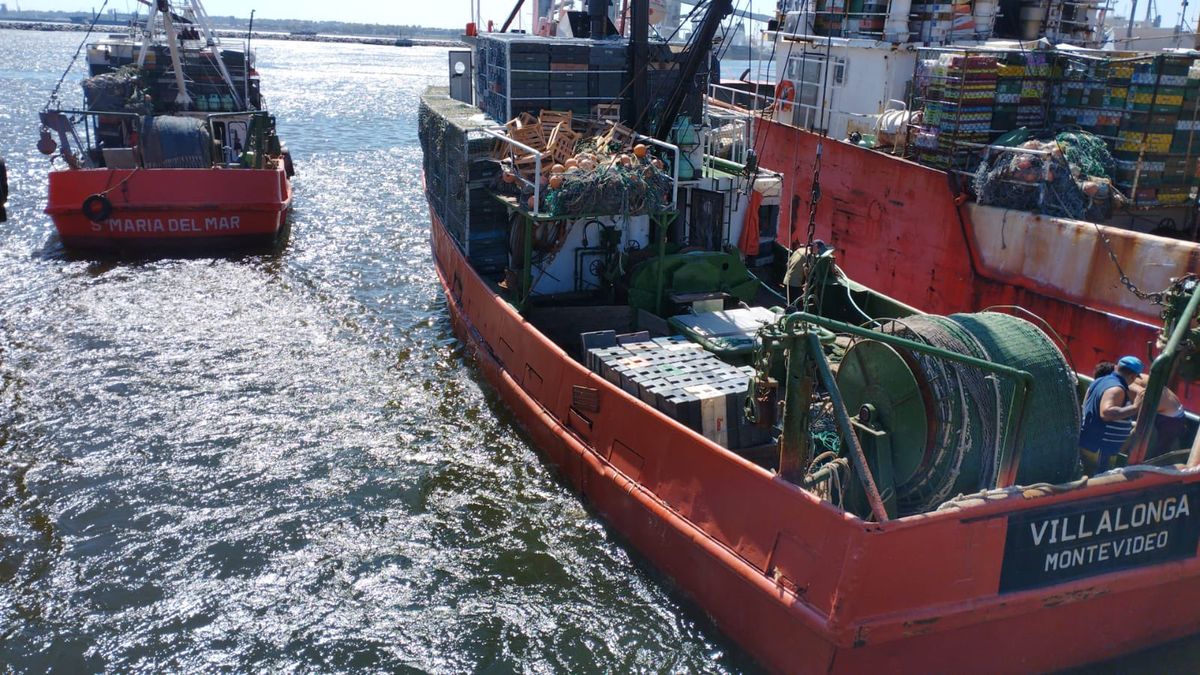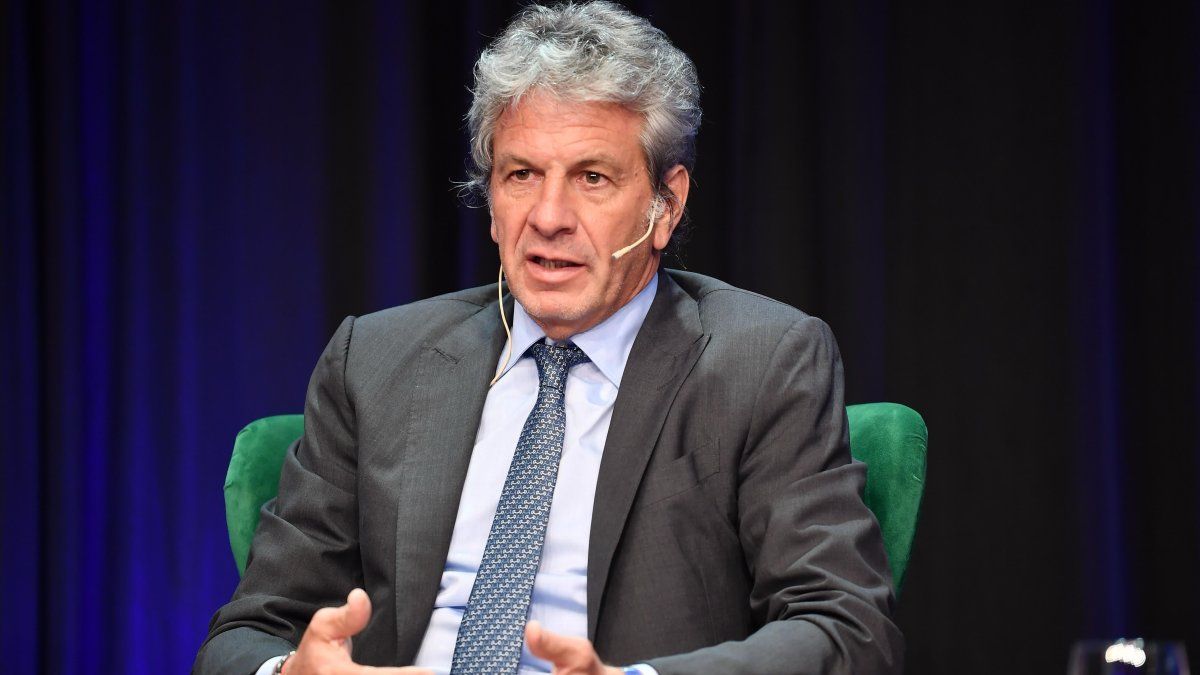The fishing industry is going through a crisis due to the High costs; According to the representatives, it is cheaper not to work and they assured that they will not resume work until there are solutions from the government.
At the end of last year the cameras of Fishing Industries and Fishing Shipowners denounced the different collective labor agreements and warned the Ministry of Labor and Social Securityl (MTSS) that would continue to reduce the days of work per year of the less than 200 who currently work. From the cameras they warned that they would reduce the days only to the four months of the harvest, the moment when expenses are covered.
“It is no use for any company not to work, but if I don’t go out fishing I lose 10 and if I go out I lose 15,” lamented the president of the Uruguayan Chamber of Fishing Industry (ICPU), Juan Riva Zuchelli, a weekly Search. On the other hand, he added that it is a situation that has been deteriorating for some time and that today “it is impossible to go out fishing, because it produces more losses than not going out.”
On the other hand, he assured that 90% of the fleet this stop and the person has unemployment insurance or license and that in February all people will go to the unemployment insurance Since the licenses they end In that sense, he commented that there are almost 2,000 people who are in this situation.
“It is a burden that the authorities should evaluate, because they will be like this until companies can go out to work, when feasible,” explained the president of CIPU, who assured that this measure has no intention of press, nor is it corporatist, But companies actually agree that It is not advisable to go out to work.
What are the main problems?
The fishing industry has the possibility of export to more than seventy countries, which allows it to considerably increase the amount of product exported. However, the problems in the sector prevent them from growing within their industry.
Among the main problems are the costs associated with Employer contributions for the bonus retirement, as well as the contributions to the State Insurance Bank (BSE). This means a premium of 11% on the real wages of all workers.
“It is a problem that needs to be resolved, but we have not found the will to resolve it. We have been waiting for this to be resolved for ten years and we have had no response,” the businessman assured Radio Carve.
On the other hand, they claim Dinara by the discretion of the fines that applies, as well as the costs, criteria for granting, management and renewal of permits. In that sense, they asked to halve the costs and that the fines become warnings while the normative and they change costs.
Source: Ambito




